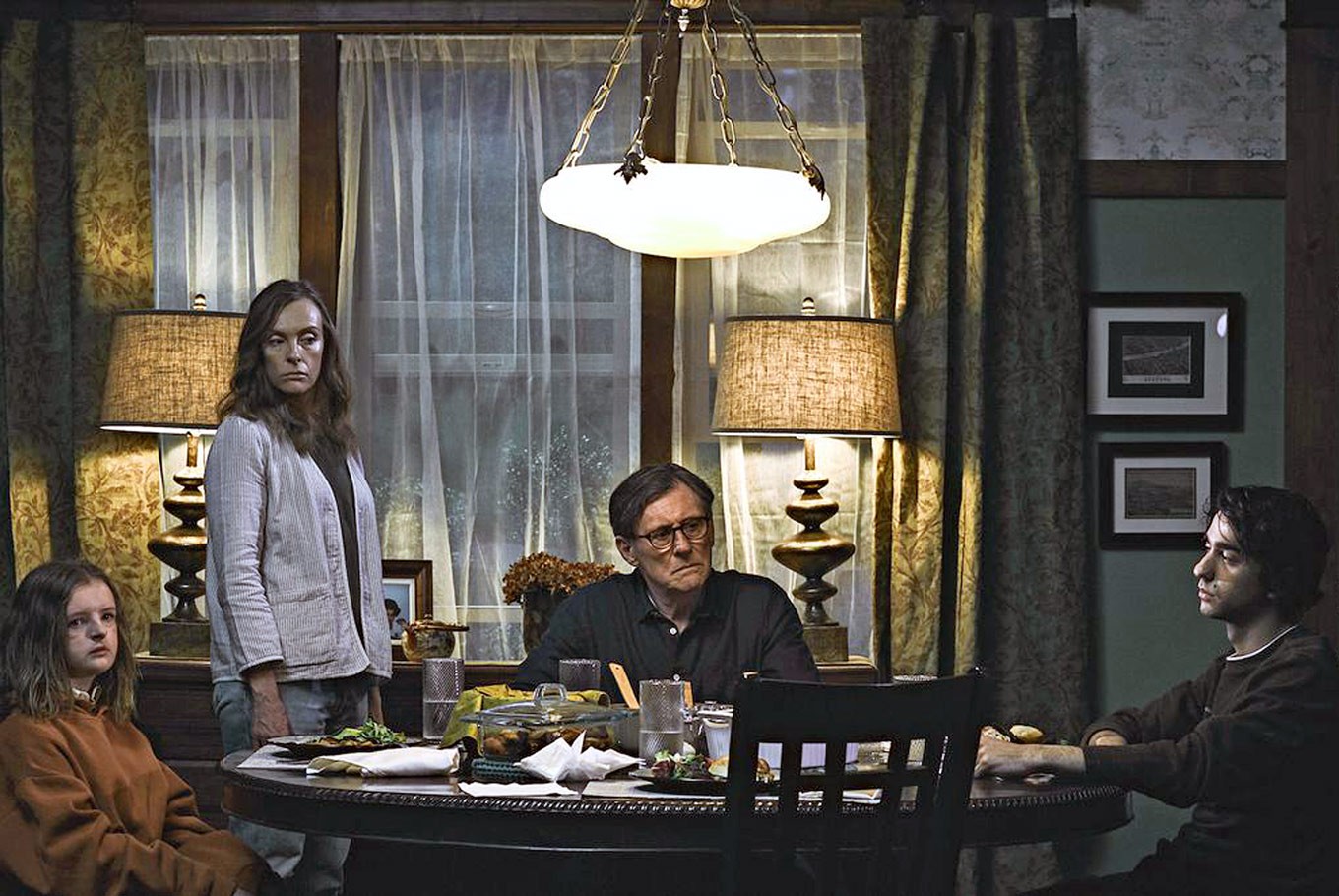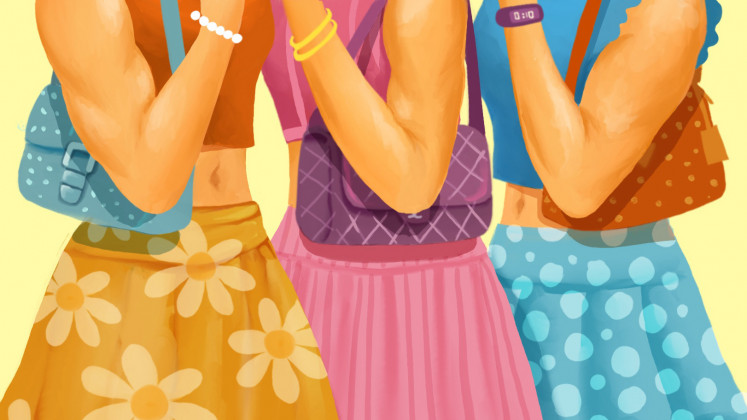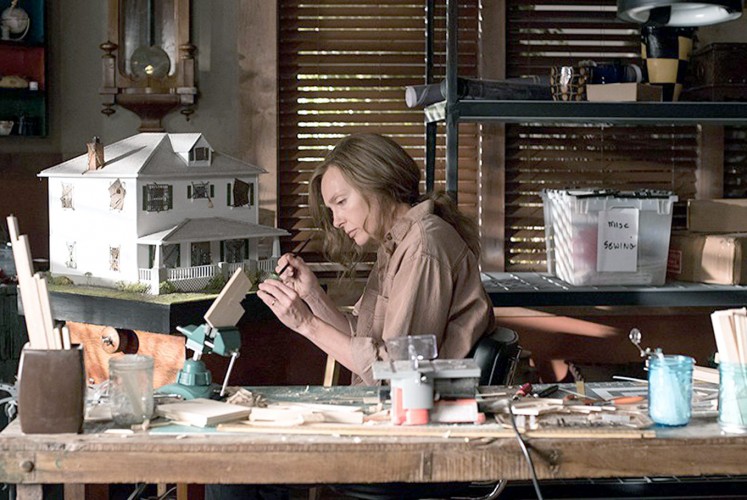Popular Reads
Top Results
Can't find what you're looking for?
View all search resultsPopular Reads
Top Results
Can't find what you're looking for?
View all search resultsHereditary: When uncertain terror lurks at every turn
Hereditary’s horror lies in its unannounced evil; how it always lurks beneath the surface.
Change text size
Gift Premium Articles
to Anyone
In the Book of Revelation, Lucifer was banished to Earth.
Like his mentee, Paimon, he exists both in books and in the unspoken announcement of sins.
Paimon, however, is a camel-riding demon whose command of the past and present, whichever way you buy this stuff, proves that evil has always been metabolized in our lives. Evil is there, evil is present — behind us, on top of us, under us.
Ari Aster’s first feature film as writer and director, Hereditary, does not wholly utilize Paimon’s story, but the demon serves him well. It is one of the most terrifying films in recent times. This kind of claim might lead one to expect a film entailing visceral gore or grotesque transformations of the human body.
However, Hereditary’s horror lies in its unannounced evil; how it always lurks beneath the surface. More often than not, we’re scared of the anticipation.
But that is not to say that the horror in Hereditary is not scary.
Here is a tally of things you will see: Charred bodies, headless bodies, floating bodies and other such things.
In Hereditary, the human body is cheap. It serves as a vessel from which blood comes out, or as a portal for demons.
Hereditary also starts with death.
Miniature artist Annie Graham (Toni Collette) has just lost her distant secretive mother. Her husband, Steve (Gabriel Byrne), is a patient man and a doting parent to their two kids, Charlie (Milly Shapiro, amazing) and Peter (Alex Wolff).
We sense that something is not quite right with Annie during the scene in which she lays bare the history of her family’s supernatural predicaments.
For instance, Annie had a depressed sibling who hanged himself after her mother “tried to put people” in his head.
Her mother, too, suffered from (or at least Annie thought) dissociative identity disorder and schizophrenia. It’s a little weird to call those mental illnesseswhen, in fact, Annie’s mother was in a cult that serves Paimon. And that cult needs a human host.
Charlie is the odd person out in the family. She severs the head of a bird for the creepy art project she seems to be really fixated on. She also draws strange pictures in her notebook.
Peter is detached, the strained relationship with his mother perhaps a burden on him.
Shapiro and Wolff are incredibly suited for their respective roles; their flirtations with supernaturalism run counter to each other. One is quiet, one is loud.
Collette also runs the gamut of emotions, when Annie is being herself or others. She explodes in front of her son when necessary. All the Oscar buzz surrounding Collette is right and just.
In one of the film’s saddest and most unsettling scenes, Annie, the sleep-walker, proclaims to her son that she did everything she could to abort him. At one point in the movie, Annie and Peter duke it out over dinner — like there is a slow-burning fire raging inside them.
See, the horror is always with the Grahams and us. One simple device that Aster uses for the film is a “cluck” sound that Charlie makes. It does not matter who makes that sound. It is what we think will happen in the movie that makes it important.
Aster is a comfortable director in this genre, with a list of influences stretching back to Rosemary’s Baby and Don’t Look Now, Hereditary’s horror does not bother with schlock. His camera, too, tends to be slow and ruminative. Visuals of a door are often locked in for a good 5 seconds before the camera pulls away slowly.
Hereditary also does not jump at you. Most of the scary stuff is presented almost flippantly, as though it were a procession that shouldn’t bear any rational explanation.
What it lacks is the temerity of an ending. Different from The Babadook, Hereditary doesn’t really make a clever argument for its shock value. The horror does not conceal anything.
Still, that the terror of Hereditary has not let up is a strong marker of a successful horror flick. I’d like to think that its horror stays with you, because it’s always there. Like most reminders, Hereditary works like a jolt.
________________________________________
Hereditary:
Director: Ari Aster
Writer: Ari Aster
Cast: Toni Collette, Gabriel Byrne, Milly Shapiro, Alex Wolff, Ann Dowd
Running time: 127 minutes












